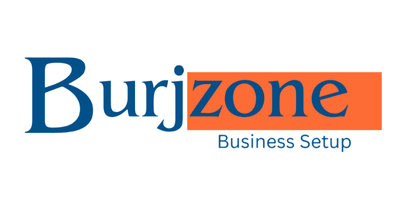Our Blog
Home / Blog
Hiring In-House vs. Outsourced Bookkeeping in UAE: A Financial Comparison
Bookkeeping is the backbone of any business’s financial health, and in the UAE’s dynamic markets—whether in Dubai, Abu Dhabi, Sharjah, or other emirates—choosing the right bookkeeping solution is crucial. Businesses must decide between hiring in-house bookkeepers or outsourcing these tasks to specialized firms.
This article provides a detailed financial comparison of both approaches to help UAE businesses make informed decisions in 2025.
1. Overview of In-House Bookkeeping
In-house bookkeeping involves employing full-time staff to manage your company’s financial records. This option offers direct control over daily accounting activities and immediate access to financial data.
2. Overview of Outsourced Bookkeeping
Outsourced bookkeeping means hiring external firms or freelancers to handle your accounting tasks. This service usually includes transaction recording, VAT filing, payroll support, and financial reporting.
3. Cost Comparison
In-House Bookkeeping:
Salaries in UAE for qualified bookkeepers range from AED 5,000 to AED 12,000 monthly depending on experience and emirate.
Additional costs include benefits, office space, equipment, and training.
Overheads and recruitment expenses add to the total cost.
Outsourced Bookkeeping:
Monthly fees vary based on business size and complexity but typically range from AED 1,500 to AED 7,000.
No recruitment, benefits, or infrastructure costs.
Flexible contracts often allow scaling services up or down.
4. Quality and Expertise
In-House: Bookkeepers may have deep knowledge of your specific business but can be limited by their individual expertise.
Outsourced: Access to a team of professionals with broad industry experience and up-to-date knowledge of UAE tax laws and compliance.
5. Flexibility and Scalability
In-house teams are fixed and may require additional hires as your business grows.
Outsourced providers can quickly adjust services based on your current needs.
6. Data Security and Control
In-house offers greater control over sensitive financial data.
Outsourced services rely on secure cloud-based systems and confidentiality agreements to protect information.
7. Compliance and Accuracy
Outsourced bookkeeping firms often specialize in UAE VAT, corporate tax, and financial compliance, minimizing risks of errors and penalties. In-house staff require regular training to keep up with changing regulations.
8. Which Option Suits Your UAE Business?
Choose in-house bookkeeping if your business requires constant oversight, has complex internal processes, or values direct staff management.
Opt for outsourced bookkeeping to reduce costs, access specialized expertise, and maintain flexibility—ideal for startups and SMEs in Dubai Marina, Abu Dhabi’s business districts, or Sharjah Free Zones.
Final Thoughts
Both in-house and outsourced bookkeeping have unique advantages and costs. Evaluating your company’s size, budget, and operational needs will guide you to the best financial choice in the UAE’s competitive business landscape of 2025.
#BookkeepingUAE #OutsourcedAccountingDubai #InHouseBookkeeping #UAEFinance2025 #DubaiBusinessAccounting
#SharjahBookkeeping #AbuDhabiAccounting #FinancialManagementUAE #VATComplianceUAE #SMEAccountingDubai
